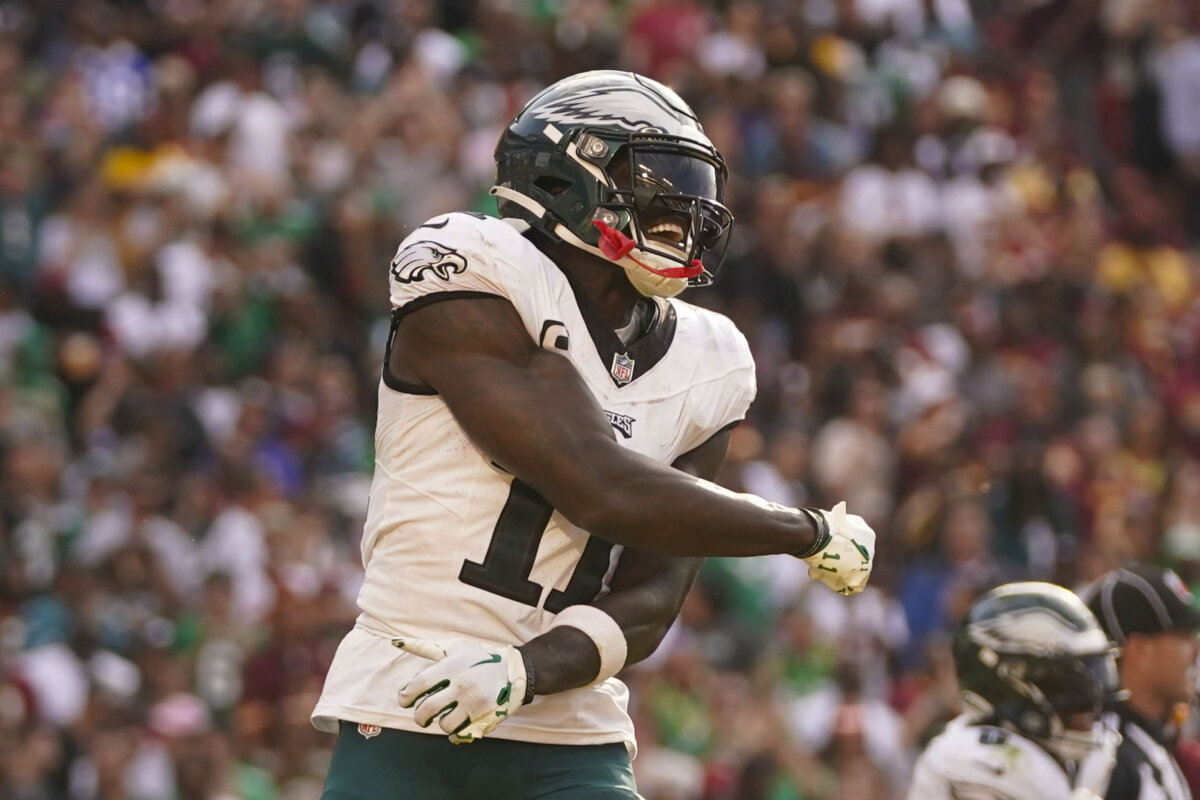In the latest twist to Pennsylvania’s controversial voter ID law, the state Supreme Court yesterday kicked the case back down to a lower court to determine if all affected voters will be able to obtain proper identification by the November election.
The ruling was issued in a 4-2 opinion, with Justices Debra McCloskey Todd and Seamus McCaffery dissenting. It requires Commonwealth Court Judge Robert Simpson, who initially upheld the law, to hear new arguments and make a ruling by Oct. 2.
In effect, the Supreme Court’s ruling said Simpson must decide on his own whether the new Department of State identification cards, which are strictly for voting, are being properly issued and whether any voters would be disenfranchised. If he is not satisfied, Simpson must issue an injunction that would keep the law from taking effect in November, the ruling said.
American Civil Liberties Union of Pennsylvania, which is representing some of the plaintiffs, called the ruling a partial victory.
“The court has gotten us at least part way there, and we’re very appreciative of that,” David Gersch, an attorney with Arnold and Porter, told reporters on a conference call. He said the burden is now on the state to prove that voters are not being disenfranchised.
“The Supreme Court says that [Simpson has] got to determine without relying simply on assurances from the government that no voters are being disenfranchised,” he said.
It is unclear when the new arguments will be heard, Gersch said.
The estimate of affected voters has varied widely, with some estimates as high as 1.5 million people to a low of 100,000. As of Sept. 11, the state had issued a total of 8,127 new IDs. ACLU-PA Legal Director Vic Walczak argued that it would be nearly impossible to issue cards to all those who need it by the November 6 election.
“Even if they were to double [the current pace] between now and Election Day, you’re talking less than 25,000 total IDs,” he said.
Pennsylvania is one of 14 states that have passed voter ID laws or tightened existing laws since 2010, with the efforts led by Republicans. Proponents say the laws will prevent voter fraud, while critics claim they will unfairly disenfranchise the elderly and minorities, who tend to vote Democratic.
Gov. Corbett’s office did not immediately return a call seeking comment.





























